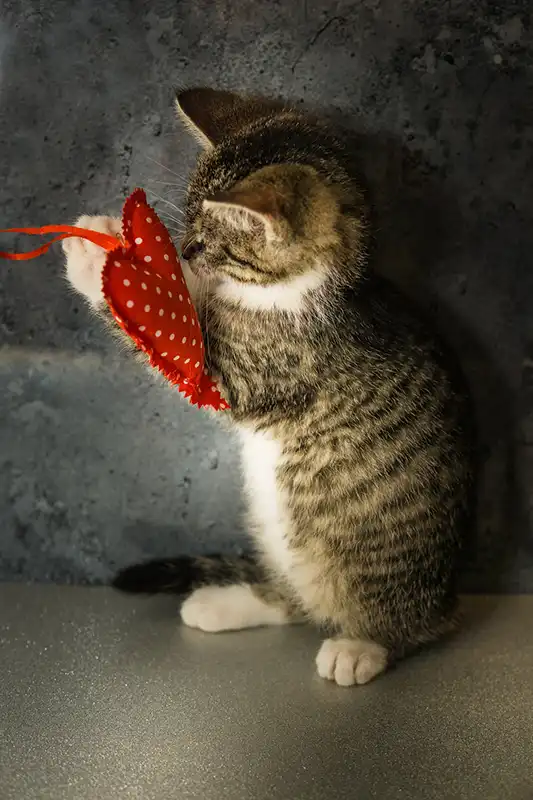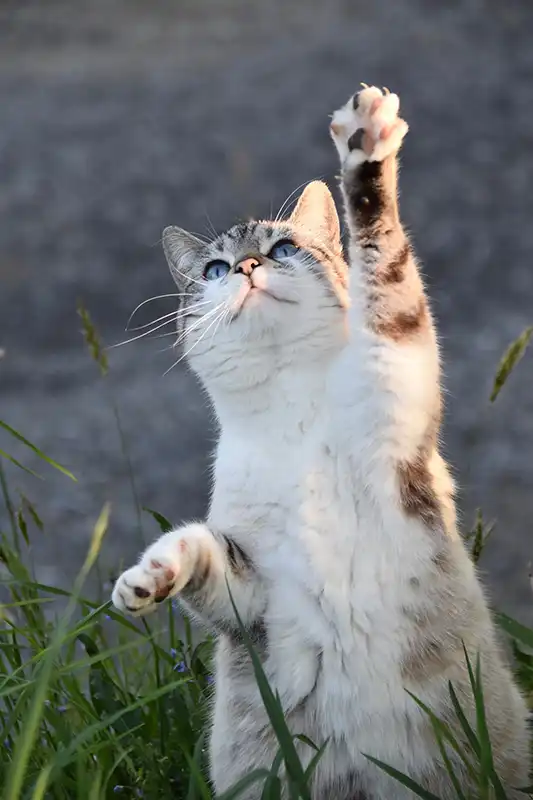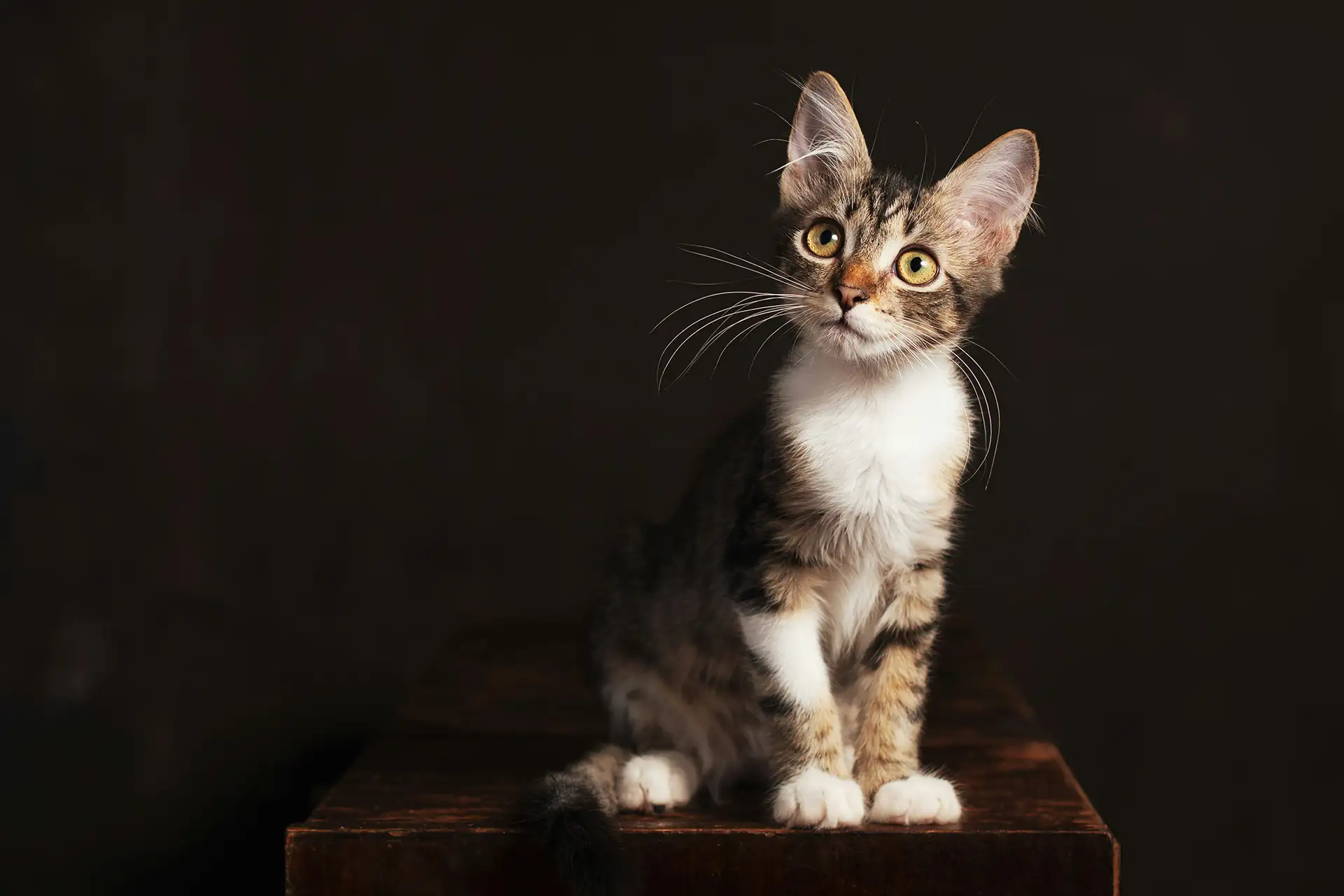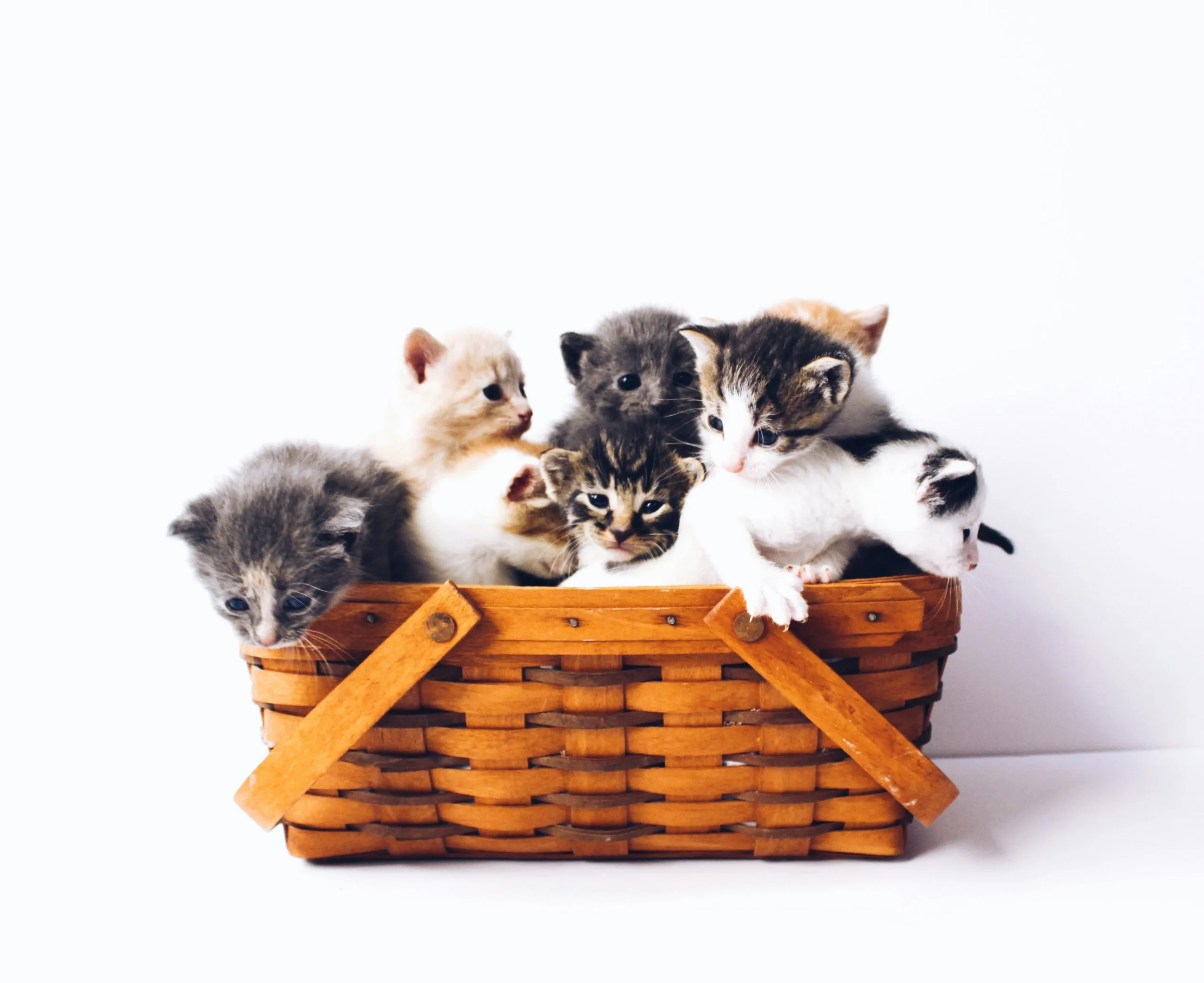Just like people, cats experience physical and behavioral changes as they age. With the right care, your senior cat can remain healthy, comfortable, and happy well into their golden years. At All Cats Clinic, our dedicated veterinarians in Fayetteville, AR provide comprehensive care for aging cats throughout Northwest Arkansas, helping pet parents navigate this special stage of life with confidence and compassion.
In this guide, we’ll cover what defines a senior cat, the common health issues that can arise, and the steps you can take to keep your feline companion thriving for as long as possible.
When Is a Cat Considered Senior?
Cats are generally considered “senior” around age 7–10, though this can vary depending on breed and health history. Some larger breeds may show signs of aging earlier, while smaller breeds or mixed breeds may stay spry longer. The average indoor cat can live into their mid- to late-teens with proper care—some even reach their twenties.
Common Health Concerns in Senior Cats
Arthritis
Joint stiffness and pain are common as cats age, even if they don’t show obvious signs. They may jump less often, move more slowly, or be reluctant to climb stairs.
Kidney Disease
Chronic kidney disease is common in older cats and often develops gradually. Early detection through regular bloodwork is key to managing the condition.
Hyperthyroidism
This hormonal disorder can cause weight loss despite increased appetite, restlessness, and a rapid heart rate.
Dental Disease
Years of plaque and tartar buildup can lead to painful gum disease, loose teeth, and systemic infections.
Diabetes
Older, overweight cats are more prone to diabetes, which can often be managed with diet, medication, and monitoring.
Cancer
The risk of certain cancers increases with age, making regular checkups and prompt attention to new lumps or changes crucial.
Wag has a helpful article on keeping older cats comfortable here. The American Medical Veterinary Association is also a great resource for senior pet care. Click here to read more.
Signs Your Senior Cat May Need Veterinary Attention
While some slowing down is normal, certain changes should prompt a visit to All Cats Clinic:
-
Sudden weight loss or gain
-
Increased thirst or urination
-
Decreased appetite
-
Changes in litter box habits
-
Difficulty jumping or moving
-
Increased hiding or reduced interaction
Supporting Your Senior Cat at Home
Comfortable Living Spaces
Provide soft bedding in easily accessible locations. Consider ramps or steps to favorite perches.
Regular Grooming
Older cats may have difficulty grooming themselves, leading to mats or skin problems. Gentle brushing helps keep their coat healthy.
Litter Box Accessibility
Make sure the litter box is easy to enter, with low sides for arthritic cats.
Mental Stimulation
Interactive toys, gentle play, and environmental enrichment help keep their mind sharp.
Balanced Diet
Senior cats may benefit from diets tailored to support kidney health, joint function, or weight management.
We also did a prior post on keeping senior cats comfortable. Click here to read that one.
The Importance of Regular Veterinary Visits
We recommend senior cats see their veterinarian at least twice a year. More frequent checkups allow us to detect changes early, adjust care plans, and ensure your cat is comfortable and pain-free. Diagnostic tests like bloodwork, urinalysis, and dental exams become even more important in this stage of life.
FAQs About Senior Cat Care
How do I know if my cat is in pain?
Look for subtle changes like reluctance to jump, decreased activity, hiding, or altered grooming habits.
Should I change my senior cat’s diet?
Many benefit from senior-specific diets, but your veterinarian can recommend the best formula for your cat’s needs.
Do senior cats still need vaccines?
Yes—though the schedule may be adjusted, older cats still need protection from contagious diseases.
Can older cats still play?
Absolutely! Play should be gentle and tailored to their abilities but is still important for physical and mental health.
Visit Our Fayetteville, AR Veterinary Clinic for Senior Cat Care
Your senior cat has been a loyal companion for years—now it’s your turn to ensure their comfort and well-being in their golden years. If you’re searching for a vet near me in Fayetteville, AR, All Cats Clinic is here to provide compassionate, comprehensive care tailored to your aging feline friend. Call today to schedule your senior wellness exam.
Visit our Service page here for more insight about our feline-only veterinary clinic.
This blog is meant to be informational only. Always consult with your veterinarian for the right medical advice, diagnosis, or treatment plan for your pet and follow their advice.






!Social Media Icons